In the expansive world of transportation and logistics, the terms “truck” and “semi truck” are often used interchangeably. However, these two vehicle categories possess distinct characteristics that set them apart. At CarMax Vehicle, we recognize the importance of understanding these differences to make informed decisions for your business needs. This guide delves deep into the nuances between trucks and semi trucks, providing you with a thorough understanding to enhance your operational efficiency.
Defining the Terms
What is a Truck?
A truck is a motor vehicle designed to transport cargo. They come in various sizes and configurations, ranging from small pickups to large commercial vehicles. Trucks are versatile and can be used for multiple purposes, including personal transportation, commercial deliveries, and specialized tasks across different industries.

What is a Semi Truck?
A semi truck, also known as a tractor-trailer, is a specific type of truck used primarily for long-haul freight transportation. It consists of a tractor unit, which provides the motive power, and a semi-trailer, which carries the cargo. Semi trucks are engineered for heavy-duty transportation, offering greater capacity and efficiency for large-scale logistics operations.
Key Differences Between Truck and Semi Truck
Understanding the distinctions between trucks and semi trucks is crucial for selecting the right vehicle for your specific needs. Here, we explore the fundamental differences across various parameters.
Size and Capacity
| Feature | Truck | Semi Truck |
|---|---|---|
| Size | Varies from small to large | Generally larger and more imposing |
| Cargo Capacity | Moderate to high | High, suitable for large shipments |
| Weight | Ranges from 3,500 lbs to 26,000 lbs | Can exceed 80,000 lbs with trailer |
Trucks offer a wide range of sizes suitable for different tasks, while semi trucks are built for maximum cargo capacity, making them ideal for transporting substantial loads over long distances.
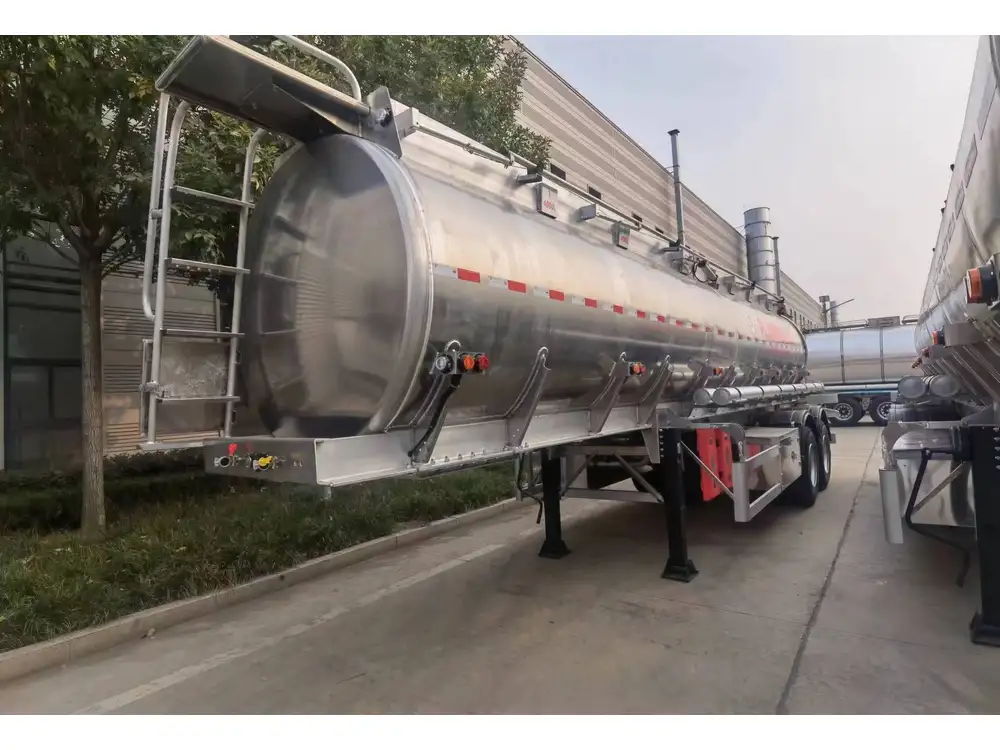
Design and Structure
Truck Design: Trucks are available in various configurations, including pickups, box trucks, and flatbeds. Their design emphasizes versatility and adaptability to different cargo types and operational environments.
Semi Truck Design: Semi trucks feature a tractor unit connected to a detachable semi-trailer. This modular design allows for easy swapping of trailers, providing flexibility in cargo handling and facilitating efficient long-haul operations.
Purpose and Usage
Trucks: Primarily used for local deliveries, construction, farming, and small-scale logistics. Their versatility makes them suitable for a wide range of industries, including retail, manufacturing, and services.
Semi Trucks: Designed for long-distance freight transportation, intercity deliveries, and high-volume logistics. They play a pivotal role in supply chain management, ensuring goods are moved efficiently across regions and countries.
Engine and Performance
Truck Engines: Typically equipped with engines ranging from 150 to 400 horsepower, suitable for medium-duty tasks. They offer a balance between power and fuel efficiency for urban and regional operations.
Semi Truck Engines: Feature powerful engines, often exceeding 400 horsepower, designed for sustained performance over long distances. They are optimized for torque and durability, ensuring reliable hauling of heavy loads under varying conditions.
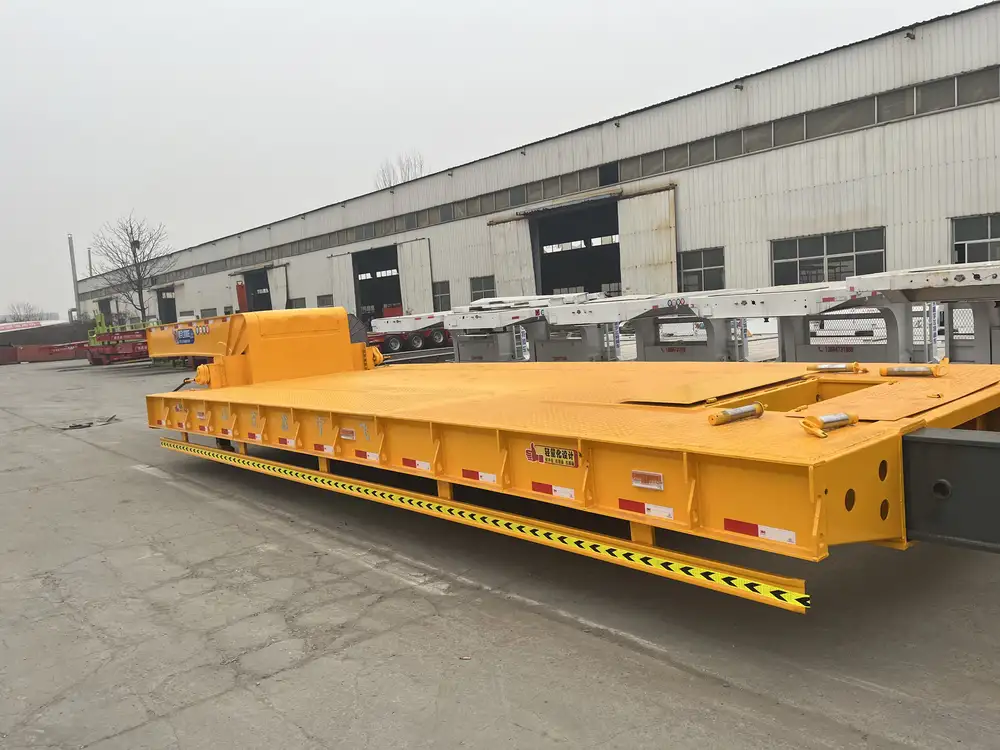
Maneuverability and Handling
Trucks: Due to their smaller size, trucks are generally more maneuverable, making them ideal for navigating urban environments and tight spaces.
Semi Trucks: Their larger size and weight require experienced handling, especially when maneuvering through tight corners or heavy traffic. Advanced driver training is essential for safe and efficient operation.
Regulatory and Licensing Differences
Operating trucks and semi trucks involves different regulatory requirements:
Trucks: Depending on the size and weight, a commercial driver’s license (CDL) may be required for larger trucks. Regulations focus on weight limits, safety standards, and emissions.
Semi Trucks: Always require a CDL due to their size and potential for heavy loads. Additional regulations may include hours-of-service rules, specialized training, and adherence to stricter safety protocols.
Applications and Use Cases

Types of Cargo
Trucks: Suitable for a variety of cargo types, including perishables, parcels, construction materials, and general goods. Their adaptability allows for transporting different items without significant modifications.
Semi Trucks: Ideal for bulk goods, oversized cargo, and high-volume shipments. They can transport large quantities of products like electronics, automotive parts, and raw materials efficiently.
Industries Served
Trucks: Serve diverse industries such as retail, agriculture, construction, and services. Their versatility makes them indispensable for local and regional operations.
Semi Trucks: Primarily support manufacturing, wholesale distribution, oil and gas, and large-scale retail industries. They are critical in maintaining the flow of goods across supply chains.
Geographic Considerations
Trucks: Best suited for urban environments, suburban deliveries, and short-haul routes where agility and quick turnaround are essential.
Semi Trucks: Thrive in interstate and cross-country transportation where long-haul capabilities and sustained performance are required.
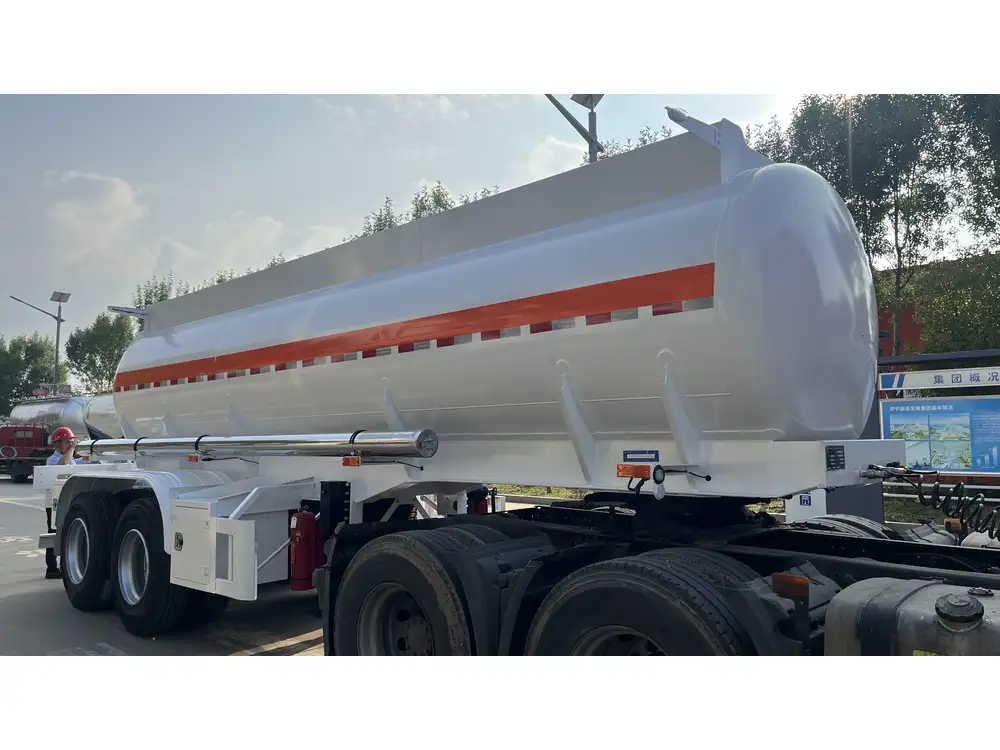
Cost Implications
Initial Investment
Trucks: Generally have a lower initial cost compared to semi trucks. Their varied sizes allow businesses to choose options that fit their budget and operational requirements.
Semi Trucks: Require a higher upfront investment due to their size, power, and specialized features. However, their capacity can lead to cost savings over time through bulk transportation.
Maintenance and Operation Costs
| Cost Aspect | Truck | Semi Truck |
|---|---|---|
| Maintenance | Moderate, depending on use | Higher, due to more complex systems |
| Fuel Consumption | More fuel-efficient for smaller loads | Higher fuel consumption but optimized for heavy loads |
| Insurance | Lower premiums | Higher premiums due to increased risks |
| Repair Costs | Generally lower | Higher, given the complexity and parts |
Semi trucks incur higher maintenance and operational costs, but their efficiency in transporting large volumes can offset these expenses in high-demand scenarios.
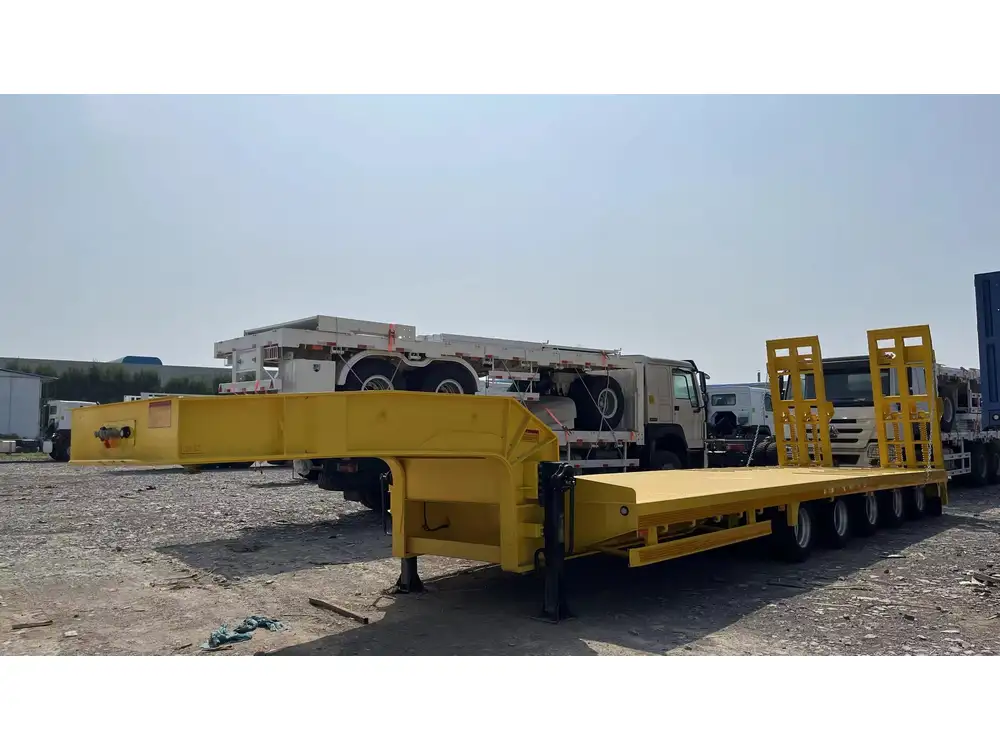
Fuel Efficiency
Trucks: Offer better fuel efficiency for smaller loads and shorter distances, making them cost-effective for local deliveries.
Semi Trucks: Designed for fuel efficiency over long distances despite their larger engines. Technological advancements, such as aerodynamic designs and fuel-saving systems, enhance their overall efficiency.
Choosing the Right Vehicle for Your Needs
Selecting between a truck and a semi truck depends on various factors that align with your business objectives and operational demands.
Business Requirements
Assess the volume and type of cargo you need to transport. For high-volume, long-distance logistics, a semi truck is more suitable. For smaller, frequent deliveries within a region, a truck would be more efficient.
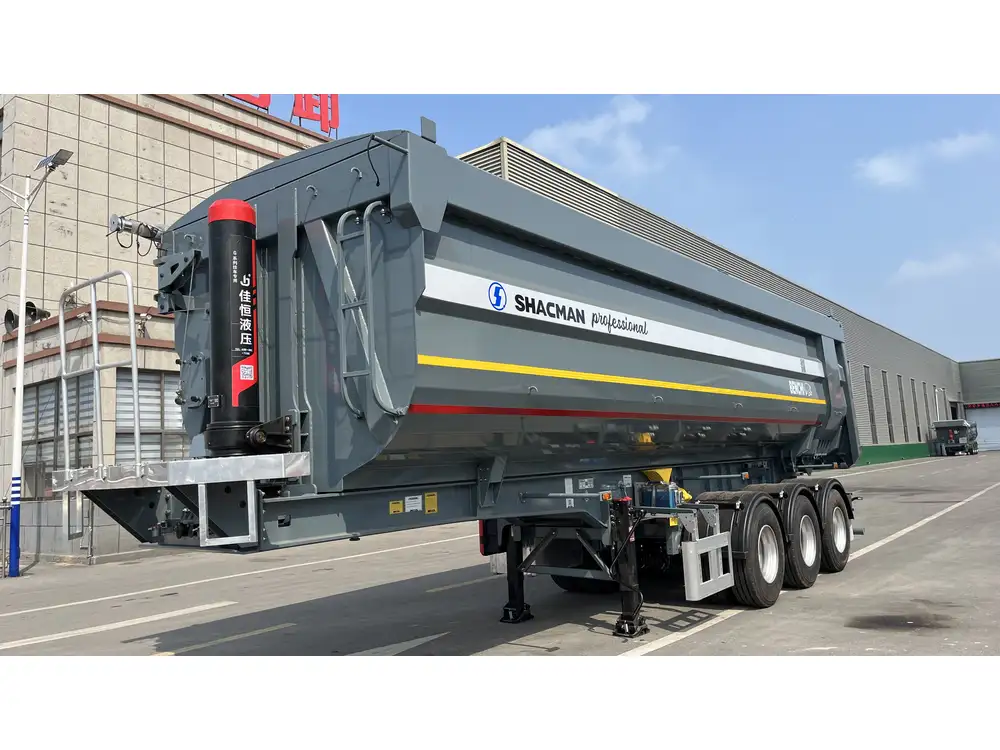
Budget Constraints
Consider both initial purchase costs and long-term operational expenses. While semi trucks require a higher initial investment, trucks may incur more frequent costs if used for larger loads beyond their capacity.
Future Scalability
Think about your business’s growth trajectory. If you anticipate expanding your logistics operations, investing in a semi truck can provide the scalability needed to handle increased demand.
Advantages of CarMax Trailer Semi Trucks
At CarMax Vehicle, we specialize in manufacturing semi trucks that cater to the diverse needs of modern logistics. Here’s why choosing a CarMax Trailer semi truck can be a game-changer for your business:
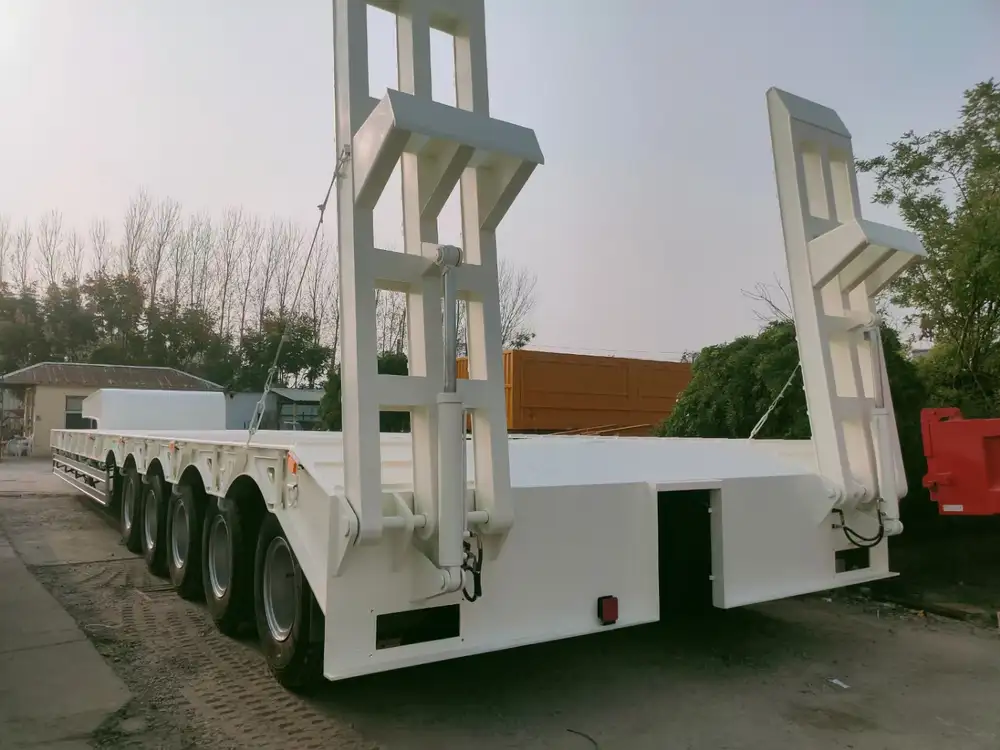
Superior Design Features
Our semi trucks are engineered with cutting-edge technology, ensuring optimal performance and reliability. Features such as advanced suspension systems, aerodynamic bodies, and state-of-the-art braking systems enhance both efficiency and safety.
Enhanced Durability and Reliability
CarMax Trailers are built to withstand the rigors of long-haul transportation. High-quality materials and rigorous testing ensure that our semi trucks deliver consistent performance, reducing downtime and maintenance costs.
Cost-Effectiveness
By prioritizing fuel efficiency and low maintenance requirements, our semi trucks offer significant cost savings over their lifespan. This makes CarMax Trailers a smart investment for businesses looking to maximize their operational budgets.

After-Sales Support
We provide comprehensive after-sales services, including maintenance packages, spare parts availability, and dedicated customer support. Our commitment to customer satisfaction ensures that your semi truck remains in top condition, supporting your business’s ongoing success.
Comparison Table: Truck vs Semi Truck
| Aspect | Truck | Semi Truck |
|---|---|---|
| Size | Smaller, more compact | Larger, with detachable trailers |
| Cargo Capacity | Moderate to high | Very high, suitable for bulk loads |
| Engine Power | 150-400 horsepower | 400+ horsepower |
| Fuel Efficiency | Higher for smaller loads | Optimized for large-scale transport |
| Maneuverability | More agile, suited for urban areas | Requires skilled handling |
| Initial Cost | Lower | Higher |
| Maintenance Costs | Moderate | Higher due to complexity |
| Usage | Local, regional deliveries | Long-haul, intercity transportation |
| Licensing | Varies, may require CDL for larger models | Requires CDL |
Conclusion
Distinguishing between a truck and a semi truck is fundamental for optimizing your transportation and logistics strategies. Trucks offer versatility and efficiency for smaller-scale operations, while semi trucks provide the capacity and reliability needed for large-scale, long-distance freight movement. At CarMax Vehicle, we understand these dynamics and provide high-quality semi trucks designed to meet the rigorous demands of modern logistics. By choosing a CarMax Trailer, you invest in a vehicle that not only meets your current needs but also supports your business’s growth and success.
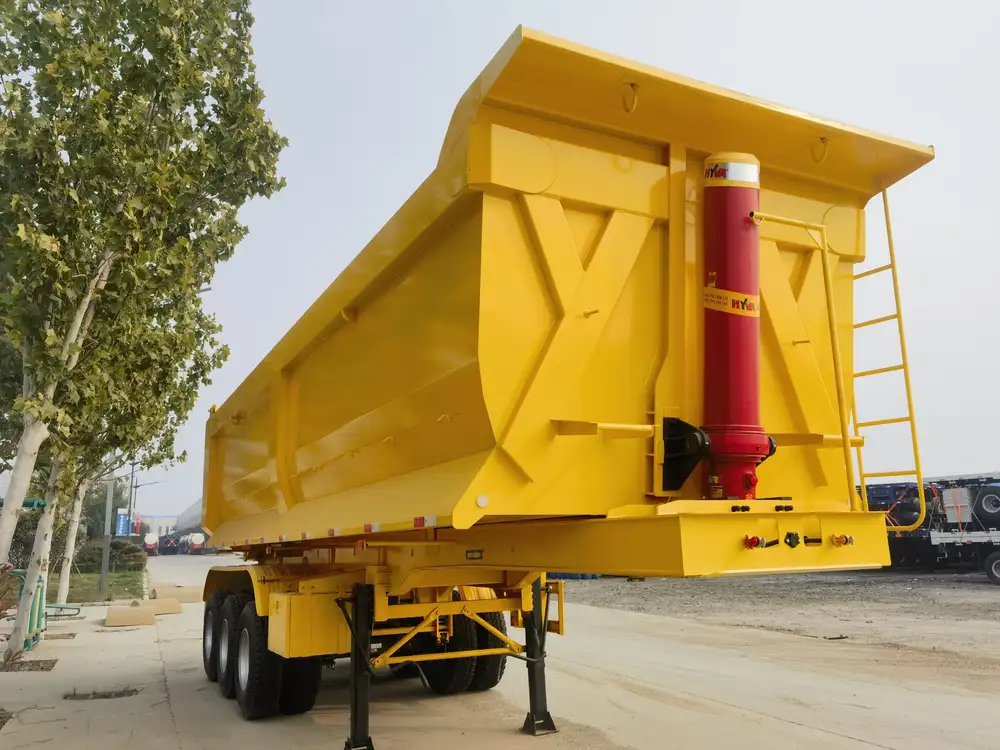
Frequently Asked Questions
1. Do semi trucks require special licenses to operate?
Yes, operating a semi truck typically requires a commercial driver’s license (CDL) due to the vehicle’s size and weight. Additional endorsements may be necessary depending on the cargo type.
2. Are semi trucks more fuel-efficient than regular trucks?
While semi trucks have higher fuel consumption due to their size, they are optimized for fuel efficiency over long distances and large loads, making them more cost-effective per ton-mile compared to smaller trucks.
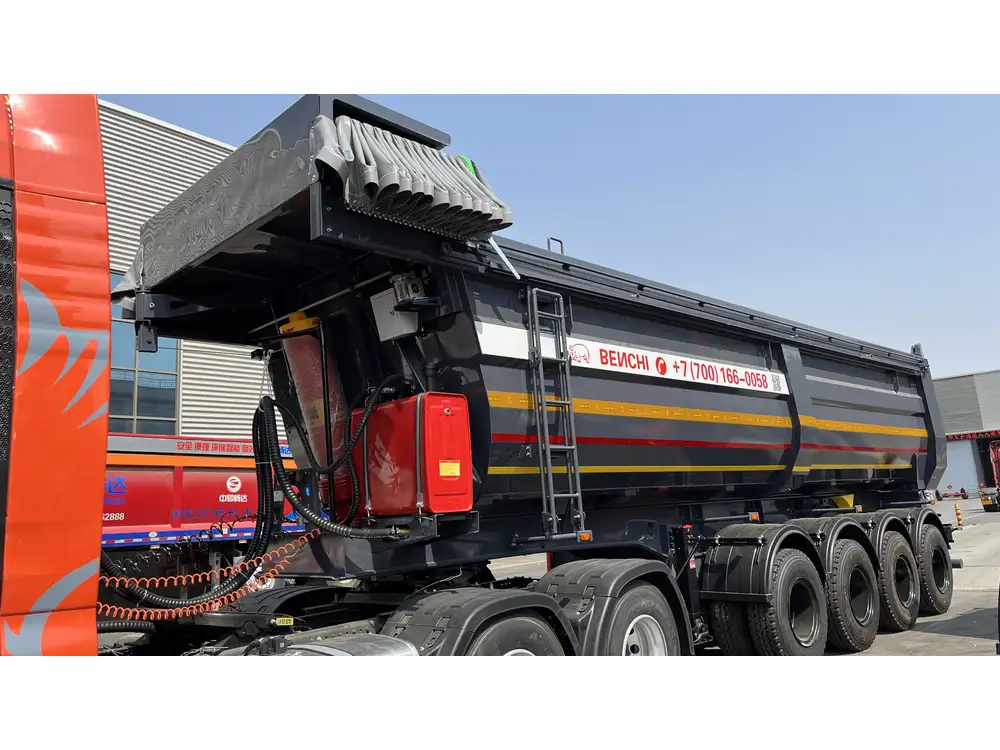
3. What maintenance practices are essential for semi trucks?
Regular maintenance for semi trucks includes engine checks, brake inspections, tire maintenance, and timely repairs of any mechanical issues. Adhering to a strict maintenance schedule ensures longevity and reliability.
4. Can semi trucks be used for local deliveries?
While semi trucks are primarily designed for long-haul transportation, they can be used for local deliveries if the infrastructure and routes support their size and maneuverability.
5. How do I choose between purchasing a truck or a semi truck for my business?
Consider factors such as the volume and type of cargo, distance of transportation, budget, and future business growth. Assessing these elements will help determine whether a truck or a semi truck best aligns with your operational needs.



